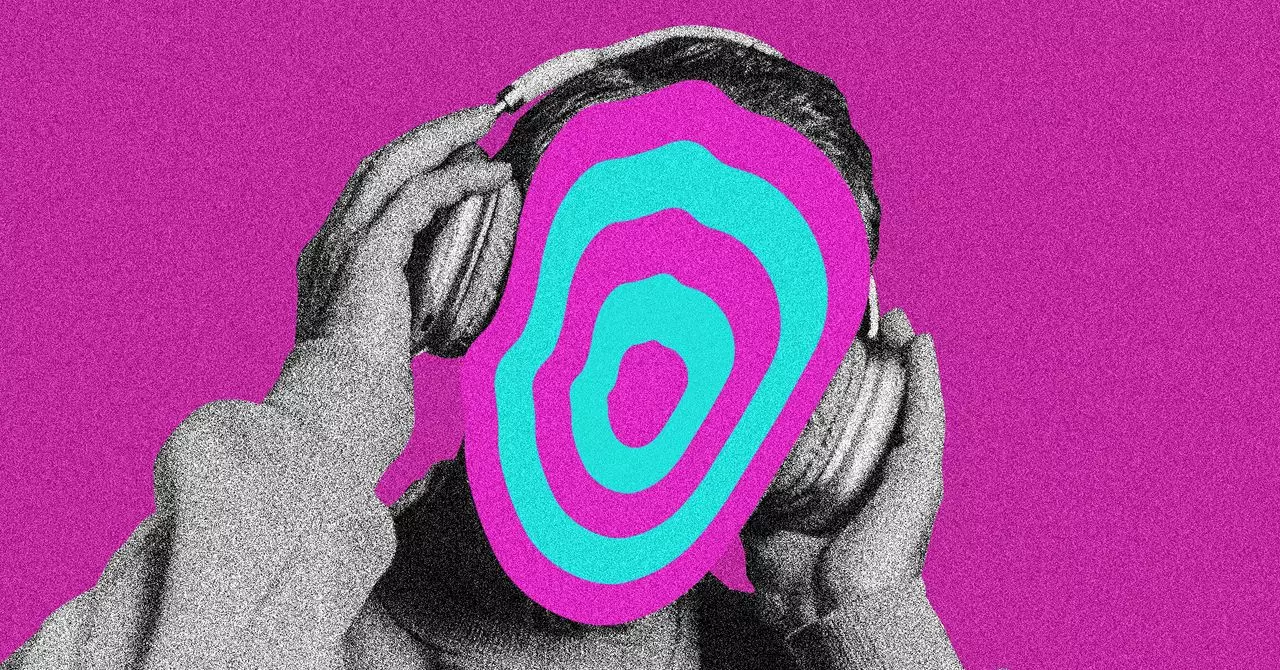In recent years, artificial intelligence has transitioned from a niche technological marvel to a pervasive force infiltrating every corner of the digital landscape, especially music streaming platforms. What was once considered experimental now burgeons into a flood of AI-generated content that challenges the very fabric of musical authenticity. The phenomenon isn’t confined to obscure indie projects or underground experiments—it’s increasingly evident on mainstream services like Spotify and Deezer, where algorithms now push billions of tracks, many of which are created entirely by machines.
This surge presents a profound dilemma: are listeners truly engaging with human artistic expression, or are they unwittingly consuming synthetic imitations that threaten to dilute genuine musical artistry? The rise of AI compositions—ranging from comedic novelty songs to eerily convincing genre imitations—raises questions about the intent behind the wave. Is it innovation, or simply exploitation of lax regulations and the algorithm’s insatiable appetite for fresh content? The sheer volume of AI music, some with intentionally provocative or obscene themes, suggests a landscape increasingly dominated by synthetic creations that blur the line between authentic and artificial.
The Ethical and Economic Consequences of AI Music Dominance
The ethical quandaries surrounding AI-generated music are numerous, but perhaps the most pressing involve transparency and artist rights. Currently, no major platform implements mandatory labeling for AI content, leaving consumers in the dark about whether they’re listening to human or machine-made tracks. This opacity undermines the trust musicians and listeners have historically placed in the music industry’s integrity.
Economically, the impact could be devastating for human artists. With AI capable of churn out parody songs, novelty tunes, or even convincingly emulating popular genres at a fraction of the cost and time, independent musicians are at risk of being drowned out. Why support human creativity when a machine can produce similar content overnight—sometimes even earning money via Patreon or Bandcamp as described in the case of obscure “butt erotica” tracks? The financial margins for AI creators are slim but growing, and their earnings are often attached to niche markets, making it harder for traditional artists to compete or sustain a livelihood.
Moreover, the risks extend beyond individual musicians: the artistic diversity that once thrived in a competitive landscape may devolve into a homogenized pool of AI-generated content. This trend undermines the cultural richness that stems from human stories, emotions, and experiences, replacing genuine artistic exploration with algorithmic predictability. The industry’s reliance on AI as a quick-fix revenue stream could, in the long run, diminish the very soul of musical innovation.
The Challenges of Regulation and the Future of Authentic Music
Despite the alarming proliferation of AI-driven tracks, regulatory measures remain in their infancy. Platforms like Spotify and YouTube prohibit AI that directly mimics real artists or engages in deepfakes but fall short in addressing the broader issue of AI content identification and filtering. Deezer’s internal detection systems flag a significant portion of AI tracks, yet no platform currently offers consumers tools to proactively block or filter AI music.
This regulatory gap allows AI content to flourish and saturate recommendation algorithms, often without clear disclosures. The case of the band Velvet Sundown, which gained rapid popularity through AI-generated images and music, exemplifies how AI’s ability to mimic artistic personas can manipulate audiences and inflate popularity artificially. Such phenomena threaten to distort industry metrics, which rely heavily on listenership and social engagement, ultimately benefiting the algorithms over genuine artistry.
The key to safeguarding musical authenticity lies in proactive regulation, transparency, and a commitment by streaming services to label AI-generated content clearly. Without these measures, there is a real risk of normalizing AI as a substitute for human creativity, leading to a future where algorithmic productions dominate, and authentic musicians are left on the margins.
A Call for Re-thinking Creativity in the Age of AI
As AI systems become more sophisticated and integrated into popular content, the music industry stands at a crossroads. Do we embrace this technological advancement as an innovative tool that can augment human creativity, or do we recognize it as an existential threat that erodes the core values of artistic expression? The evidence suggests we should approach with caution, demanding stricter regulations, transparency, and a cultural emphasis on supporting genuine human artistry.
The challenge ahead is not merely technical but fundamentally philosophical: what does it mean to create, to experience, and to value music in an age where machines can mimic the human soul so convincingly? Until the industry and regulators recognize the importance of preserving authentic creativity, AI-generated music risks becoming a shortcut that compromises the cultural and artistic integrity we have long cherished.

